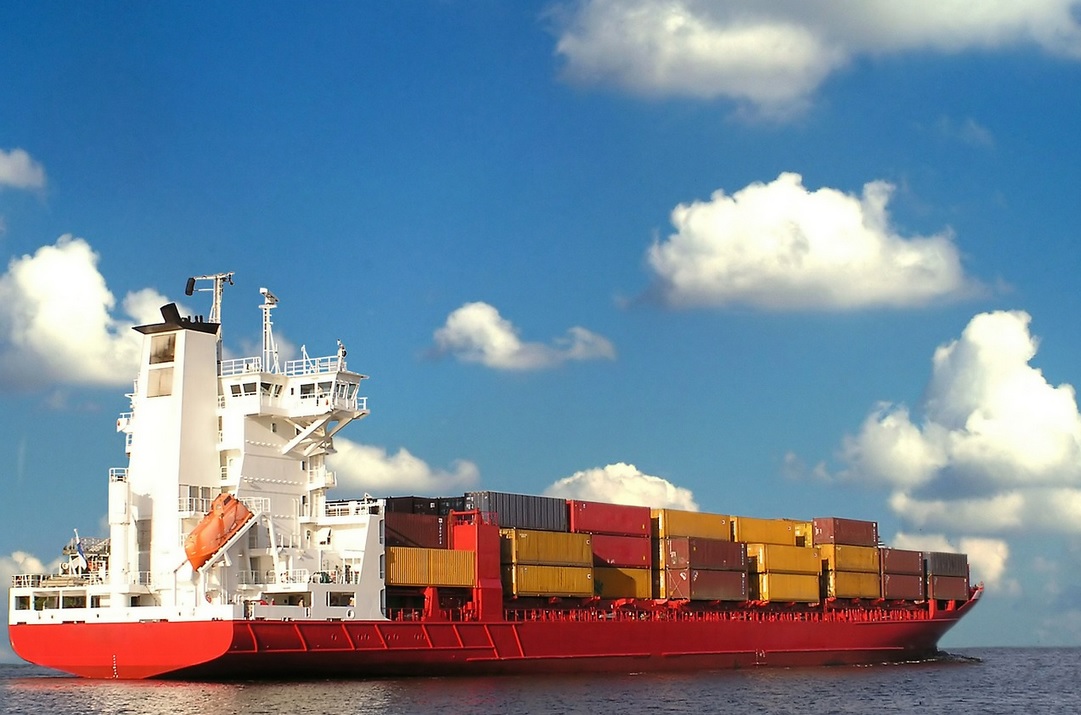 [5]
[5]
Wall Street Journal Editorial,
Multiple reports out of the White House last week say President Trump overruled all of his economic advisers other than Peter Navarro when he decided to impose new tariffs on China. Global and American economic conditions have been heading south ever since, so perhaps we should call this the Trump-Navarro trade-policy slowdown.
Mr. Trump used to talk as if stock prices were his economic lodestar, which was never wise since stocks fluctuate for many reasons. But on Wednesday he professed not to be too concerned by the stock-market correction. The Dow Jones Industrial Average dropped sharply Wednesday morning before stabilizing, though it still closed lower than it was in January 2018 when his tariff offensive began. He can ignore stocks if he chooses, but financial markets across the board are signalling worry about more trade and currency tensions and a slowing global economy.
Stocks stabilized Tuesday but then fell again Wednesday amid fears of weaker economic growth world-wide. Germany turned in lousy industrial numbers, and a European recession is as likely as not. Commodity prices have been falling—from copper to iron ore to oil to farm goods. Some of this reflects the rise in the dollar, but another reason is concern about falling demand as the global economy slows.
The U.S. economy has held up better than the rest of the world, thanks in large part to Mr. Trump’s policies. Deregulation and tax reform revived a recovery that was long in the tooth and barely escaped recession in 2015-2016. Business confidence and capital investment surged, which has driven further job market gains, rising wages and durable consumer spending.
But note the economic canaries. CEO confidence and capital spending have tailed off since the trade war escalated in 2018, and the falloff is beginning to affect economic growth. The near-3% surge in GDP has slid to 2%, and average monthly job growth has declined to 165,000 this year from 223,000 in 2018.
Exports have subtracted from GDP as global demand slumps, especially for manufactured goods. If oil demand stays low, the oil and gas industry will have to begin layoffs. The 10-year Treasury yield dipped below 1.6% Wednesday morning, another sign of slower growth ahead.
Oh, and has Mr. Trump noticed that the trade deficit hasn’t improved? Global supply chains are moving out of China to third countries such as Vietnam. But the overall U.S. trade deficit is steady. This is because the U.S. invests less than it saves. Thus it imports capital from abroad, which in the national income accounts is offset by a trade deficit.
The irony, and a dangerous one, is that Mr. Trump doesn’t seem to understand that his trade policy is contributing to exchange-rate instability and a rising dollar. When he slaps tariffs on China he reduces the demand for Chinese yuan. He also encourages capital flight to safe havens like the dollar, which encourages more capital into dollar instruments and the U.S. China isn’t manipulating its currency. It is setting a lower peg to reflect supply and demand and prevent greater capital flight out of China.
We aren’t predicting a recession, but then few thought we were in a recession in mid-2008 either. Economic downturns can sneak up on the smartest policy makers. Dan Clifton of Strategas Research Partners has begun noting that Mr. Trump is “‘trading away’ his re-election” as his trade policy erodes what was a strong economy. Mr. Clifton is a supply-sider who supports Mr. Trump’s tax and deregulatory agenda.
This is a warning the President should heed, and probably one Mr. Navarro won’t tell him. If Mr. Trump can’t strike a broader trade deal with China before the election, he should at least call a trade truce to reduce the damage. Economic expansions don’t end on their own. They almost always end due to policy mistakes. Mr. Trump’s willy-nilly trade offensive could be the mistake that turns a slowdown into the Navarro recession.